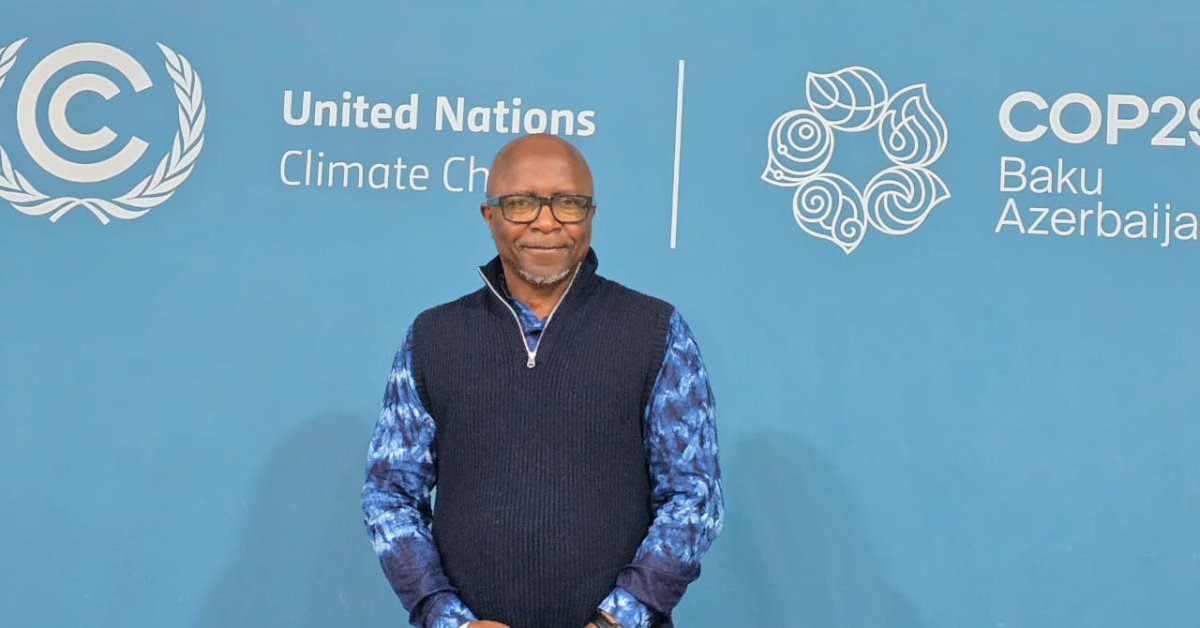At the COP29 climate conference, Sierra Leone’s Chief Technical Adviser for the Presidential Initiative on Climate Change, Renewable Energy and Food Security (PI-CREF), Peter Kaindaneh, delivered a compelling address emphasizing the nation’s strides in agricultural finance and sustainability.
The address was part of a side event organized by The Food and Land Use Coalition (FOLU), the World Business Council for Sustainable Development (WBCSD), and the Alliance for Food Champions (ACF), focusing on enabling public-private financing in the agri-food sector.
Kaindaneh highlighted significant government initiatives under President Julius Maada Bio’s administration to enhance the agricultural investment climate.
Key measures include reducing loan interest rates to below market levels, enabling better access to financing for farmers and agribusinesses. This strategy, he said, has not only reduced investment risks but also attracted increased private sector participation in agriculture.
Minister of Agriculture and Food Security Kpaka was credited for leading efforts to provide credit facilities to private sector machine operators, a move aimed at boosting agricultural productivity.
Kaindaneh cited a successful onion production partnership with a private investor that has reduced Sierra Leone’s onion imports by 10%, saving $4 million in foreign exchange. The initiative also slashed onion prices by 75% over two years, benefiting both consumers and the local economy.
“These efforts demonstrate how public-private partnerships can drive agricultural innovation, reduce costs, and increase food security,” Kaindaneh remarked.
The event underscored the role of strategic investment and collaborative approaches in transforming local food systems. Experts noted that Sierra Leone’s model could serve as a blueprint for other nations striving to foster sustainable agricultural growth.
The discussions at COP29 reinforced the global importance of leveraging policy frameworks and financial mechanisms to achieve sustainable and resilient food systems in the face of climate challenges.











